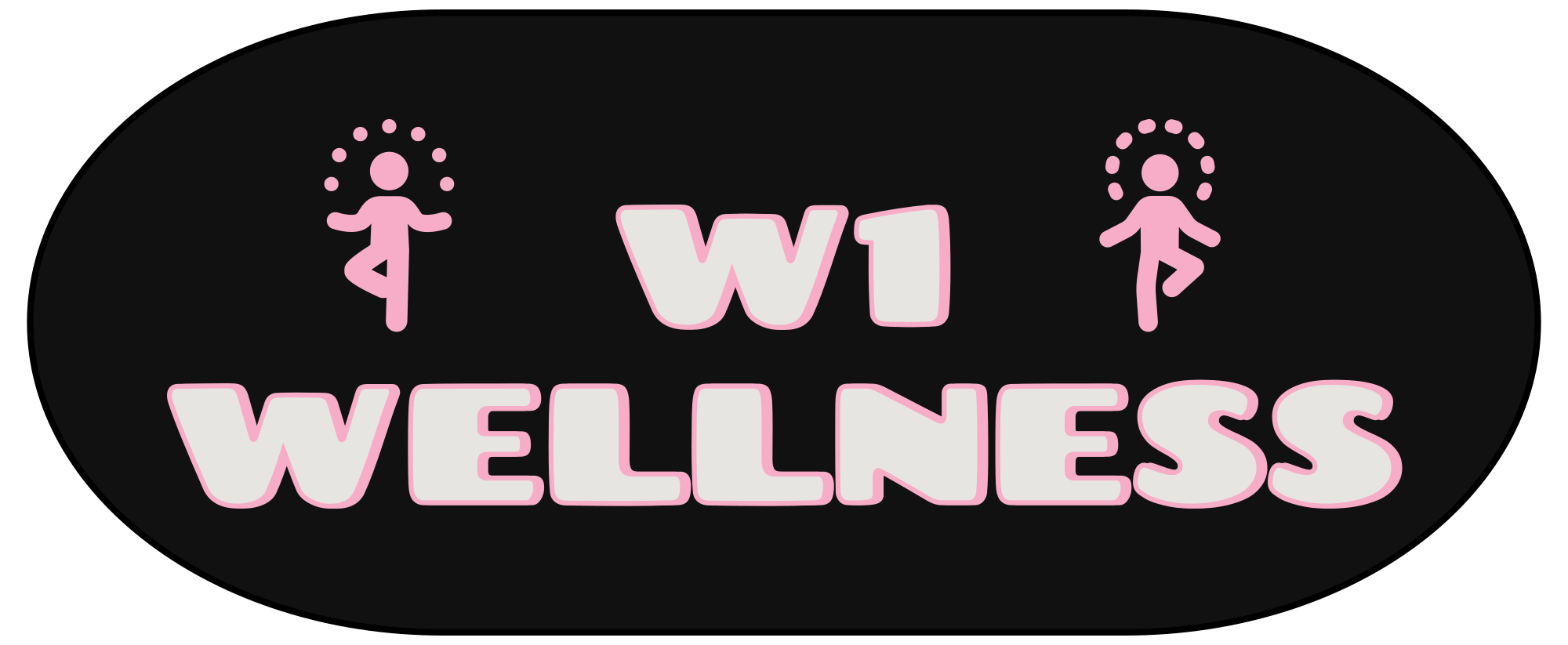Understanding Sleep Anxiety
For many, sleep anxiety can feel like a vicious cycle. The worry about not sleeping well leads to more anxiety, making it even harder to drift off. This constant battle between mind and body can significantly impact overall well-being, leaving individuals feeling exhausted and drained. Understanding the nature of sleep anxiety is crucial for finding effective ways to manage it and reclaim restful nights.
Definition and Symptoms
Sleep anxiety is a type of worry or fear specifically related to falling asleep or staying asleep. It’s characterized by persistent thoughts about sleep disturbances, leading to restlessness and difficulty relaxing before bed.
Symptoms can include racing thoughts, difficulty concentrating, feeling tense or on edge, physical sensations like a racing heart or rapid breathing, and an overall sense of dread about bedtime.
Causes of Sleep Anxiety
Sleep anxiety is a type of worry or fear specifically related to falling asleep or staying asleep. It’s characterized by persistent thoughts about sleep disturbances, leading to restlessness and difficulty relaxing before bed.
Symptoms can include racing thoughts, difficulty concentrating, feeling tense or on edge, physical sensations like a racing heart or rapid breathing, and an overall sense of dread about bedtime.
Several factors can contribute to the development of sleep anxiety:
- Stress and Anxiety
- Underlying Medical Conditions
- Poor Sleep Habits
- Environmental Factors
Understanding these causes is essential in finding effective ways to manage and overcome sleep anxiety.
CBD and its Potential Benefits for Sleep Anxiety
For many individuals, sleep anxiety can be a persistent struggle. This condition involves worrying about sleep disruptions, leading to difficulty relaxing and falling asleep. The potential consequences of sleep anxiety are significant, impacting both physical and mental health. Fortunately, research is exploring various strategies for managing this common issue, including the potential benefits of cannabidiol (CBD).
How CBD May Work
Cannabidiol (CBD) is a compound found in cannabis plants that has gained increasing attention for its potential therapeutic properties. Unlike THC, CBD does not produce psychoactive effects. While research on CBD’s effects on sleep anxiety is still ongoing, some studies suggest it may have beneficial impacts.
One proposed mechanism by which CBD might help with sleep anxiety is by interacting with the endocannabinoid system (ECS). This complex network of receptors throughout the body plays a role in regulating various functions, including sleep-wake cycles and mood. CBD is thought to modulate the activity of these receptors, potentially helping to reduce anxiety and promote relaxation.
Additionally, CBD may have anti-inflammatory properties, which could contribute to reducing feelings of stress and tension associated with sleep anxiety. Some individuals report experiencing a sense of calmness and relaxation after consuming CBD, making it easier for them to fall asleep and stay asleep.
Research Evidence
While research is ongoing, some studies suggest that CBD may have potential benefits for managing sleep anxiety. One proposed mechanism is through its interaction with the endocannabinoid system (ECS), which regulates various bodily functions, including sleep-wake cycles and mood. CBD is thought to modulate ECS activity, potentially reducing anxiety and promoting relaxation.

Additionally, CBD may possess anti-inflammatory properties that could help alleviate stress and tension related to sleep anxiety. Some individuals report experiencing feelings of calmness and relaxation after consuming CBD, which may contribute to better sleep quality.
It’s important to note that more research is needed to fully understand the effects of CBD on sleep anxiety and determine optimal dosages for treatment. Individuals considering using CBD for this purpose should consult with a healthcare professional to discuss potential benefits, risks, and interactions with other medications or health conditions.
Dosage and Administration
Cannabidiol (CBD) is a compound derived from the cannabis plant that has gained considerable attention for its potential therapeutic effects. Unlike tetrahydrocannabinol (THC), CBD does not produce psychoactive effects and has shown promise in addressing various health concerns, including sleep anxiety.
Research suggests that CBD may interact with the endocannabinoid system (ECS), a complex network of receptors throughout the body involved in regulating numerous bodily functions, including sleep-wake cycles, mood, and stress response. By modulating ECS activity, CBD may help alleviate anxiety and promote relaxation, potentially leading to improved sleep quality.
Additionally, CBD possesses anti-inflammatory properties that could contribute to reducing stress and tension associated with sleep anxiety. Some individuals report experiencing a sense of calm and well-being after consuming CBD, which may facilitate falling asleep and staying asleep throughout the night.
Determining the optimal dosage of CBD for sleep anxiety varies depending on individual factors such as body weight, metabolism, and severity of symptoms. It is crucial to start with a low dose and gradually increase it as needed while monitoring for any adverse effects.

CBD can be administered in various forms, including oils, capsules, gummies, and topicals. Oils and capsules are commonly used for oral consumption, allowing CBD to be absorbed into the bloodstream. Gummies provide a convenient and palatable option, while topicals offer localized relief by applying CBD directly to the skin.
While CBD holds promise for managing sleep anxiety, it is essential to consult with a healthcare professional before using it. They can help determine if CBD is appropriate for your individual needs, assess potential interactions with medications or health conditions, and guide you on safe and effective dosage.
Factors to Consider Before Using CBD for Sleep Anxiety
Exploring natural remedies for sleep anxiety has become increasingly popular, and cannabidiol (CBD) has emerged as a potential option. Before incorporating CBD into your sleep routine, it’s essential to consider several factors. These include understanding the potential benefits and risks associated with CBD use, determining the appropriate dosage for your individual needs, exploring different administration methods, and consulting with a healthcare professional to ensure it aligns with your overall health and treatment plan.
Individual Responses to CBD
Several factors should be considered before using CBD for sleep anxiety. First, individuals should research reputable brands and products to ensure quality and safety. It’s important to check for third-party lab testing results, which verify the product’s potency and absence of contaminants.
Next, understanding individual responses to CBD is crucial. Some people may experience significant benefits with minimal side effects, while others might have little effect or encounter adverse reactions like drowsiness, dry mouth, or diarrhea. It’s essential to start with a low dose and gradually increase it as needed, monitoring for any changes.
Another factor to consider is the potential interaction of CBD with other medications or health conditions. Consulting with a healthcare professional before using CBD is crucial to avoid any adverse effects or complications.
Finally, while CBD shows promise, it’s important to remember that it’s not a quick fix for sleep anxiety. Incorporating healthy sleep habits such as maintaining a regular sleep schedule, creating a relaxing bedtime routine, and managing stress through techniques like exercise or mindfulness can complement the potential benefits of CBD.
Potential Side Effects
Before using CBD for sleep anxiety, several factors should be carefully considered.
- Research and choose reputable brands that provide third-party lab testing to ensure product quality and safety.
- Be aware of potential side effects, which can vary from person to person. Start with a low dose and gradually increase it as needed, monitoring for any adverse reactions.
- Consult with a healthcare professional to discuss potential interactions between CBD and other medications or health conditions.
Potential side effects of CBD can vary from person to person. Some common side effects include:
- Drowsiness
- Dry mouth
- Diarrhea
- Changes in appetite
It’s important to note that CBD can interact with certain medications, including blood thinners and antidepressants. Always consult with a healthcare professional before using CBD, especially if you have any underlying health conditions or are taking other medications.

Interactions with Other Medications
Before incorporating CBD into your sleep routine, it is crucial to consider potential interactions with other medications you might be taking.
CBD can interact with a variety of medications, including blood thinners, antidepressants, anticonvulsants, and immunosuppressants. These interactions can lead to altered medication efficacy or increased risk of side effects. It’s essential to consult with your healthcare professional before using CBD, providing a complete list of all medications and supplements you are currently taking.
They can assess potential interactions and advise on safe usage guidelines or alternative approaches for managing sleep anxiety.
Other Strategies for Managing Sleep Anxiety
For those struggling with the worry and distress of sleep anxiety, finding relief is paramount. Beyond traditional methods, exploring alternative strategies like CBD offers hope for better nights. Understanding the mechanisms behind CBD’s potential benefits and considering individual needs are crucial steps in determining if it’s a suitable option.
Cognitive Behavioral Therapy (CBT)
Cognitive Behavioral Therapy (CBT) is a type of psychotherapy that has proven effective in treating various mental health conditions, including sleep anxiety.
CBT focuses on identifying and changing negative thought patterns and behaviors that contribute to sleep difficulties. A therapist will work with you to develop personalized coping mechanisms and strategies to address the underlying causes of your sleep anxiety.
One key aspect of CBT for sleep anxiety is sleep restriction therapy. This involves temporarily reducing your time in bed to promote more consolidated and restful sleep. Gradually, your bedtime is extended as sleep quality improves.
CBT also teaches relaxation techniques, such as deep breathing exercises, progressive muscle relaxation, and mindfulness meditation, which can help calm the mind and body before sleep.
Relaxation Techniques
Beyond CBD, various relaxation techniques can be beneficial in managing sleep anxiety.
Deep breathing exercises involve slow, controlled breaths that help regulate heart rate and reduce feelings of tension. Progressive muscle relaxation involves systematically tensing and releasing different muscle groups to induce physical relaxation, which can also calm the mind.
Mindfulness meditation focuses on paying attention to the present moment without judgment, helping to quiet racing thoughts and worries that often contribute to sleep anxiety.
Practicing these techniques regularly can help create a sense of calmness and reduce overall stress levels, making it easier to fall asleep and stay asleep.
Lifestyle Modifications
Lifestyle modifications can play a significant role in managing sleep anxiety.
- Establish a Regular Sleep Schedule: Go to bed and wake up around the same time each day, even on weekends, to regulate your body’s natural sleep-wake cycle.
- Create a Relaxing Bedtime Routine: Wind down an hour or two before bed by engaging in calming activities such as taking a warm bath, reading a book, or listening to soothing music.
- Optimize Your Sleep Environment: Make sure your bedroom is dark, quiet, and cool. Consider using blackout curtains, earplugs, or a white noise machine to minimize distractions.
- Limit Caffeine and Alcohol Intake: Avoid consuming caffeine and alcohol close to bedtime as they can interfere with sleep quality.
Conclusion
Managing sleep anxiety requires a multifaceted approach that addresses both the psychological and physiological aspects of the condition. While CBD shows promise as a potential therapeutic option, it’s essential to remember that it is not a quick fix. Implementing lifestyle modifications, incorporating relaxation techniques, and considering evidence-based therapies like Cognitive Behavioral Therapy (CBT) can significantly contribute to alleviating sleep anxiety and promoting restful nights. Consulting with a healthcare professional can help determine the most appropriate course of action based on individual needs and circumstances.
Buy CBD oil for deeper sleep quality
- How To Extend The Longevity Of Marionette Line Fillers In Surrey - September 14, 2025
- Brian Deese Quotes - September 13, 2025
- How To Choose The Right Temple Filler For Your Face In Kingston Upon Thames - September 13, 2025
